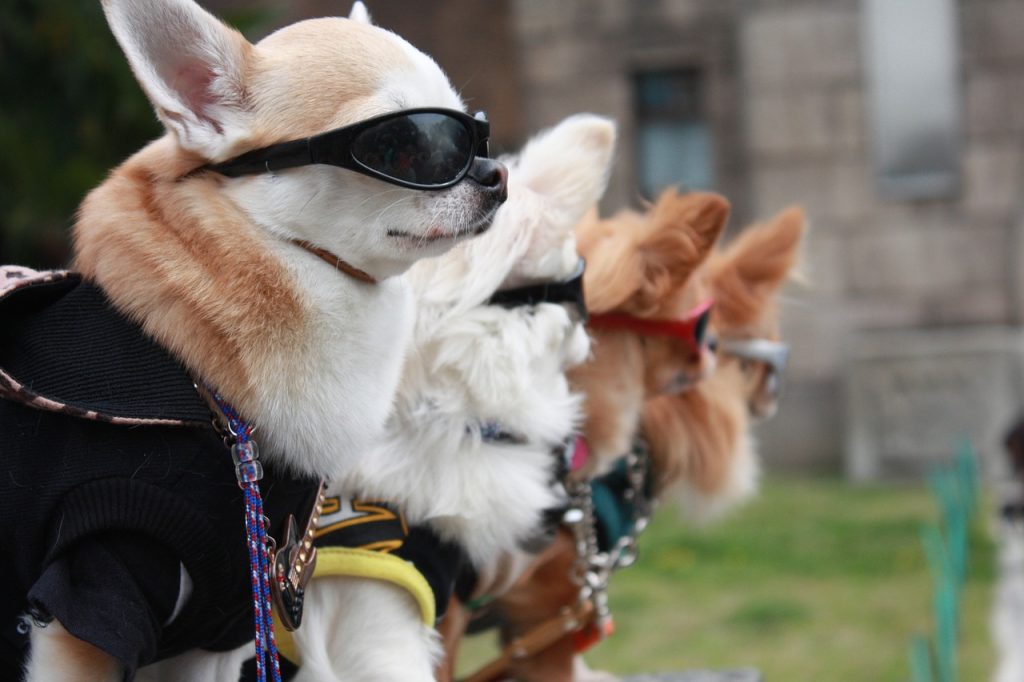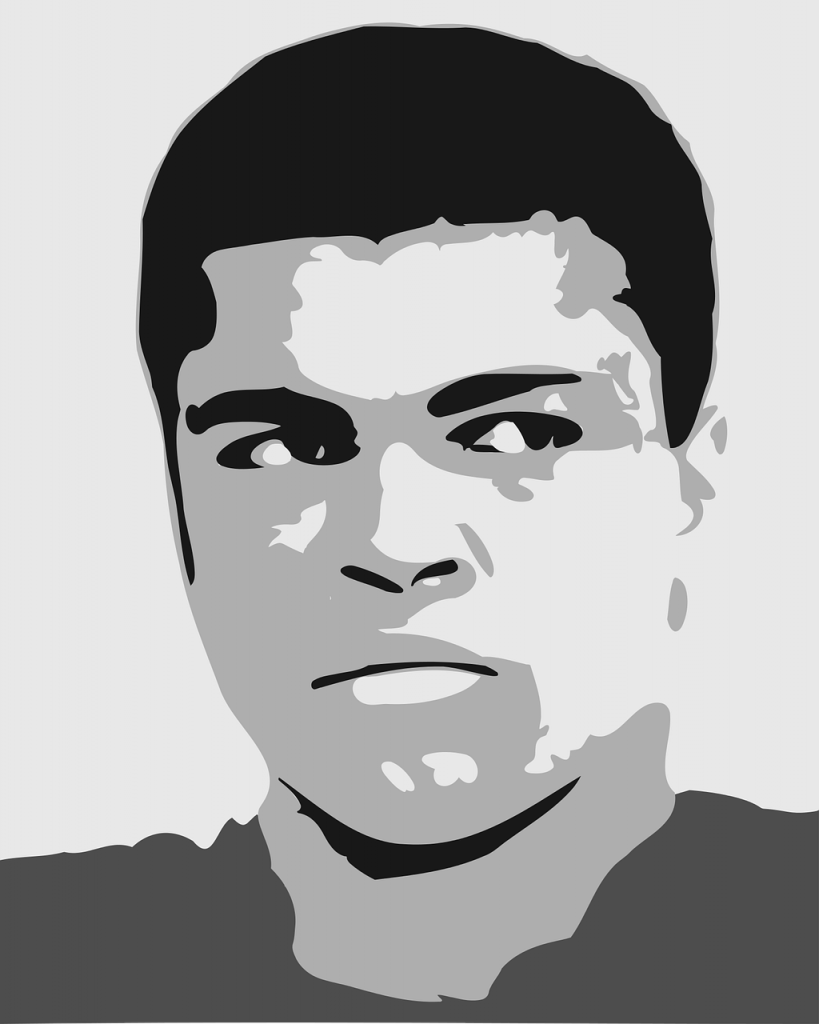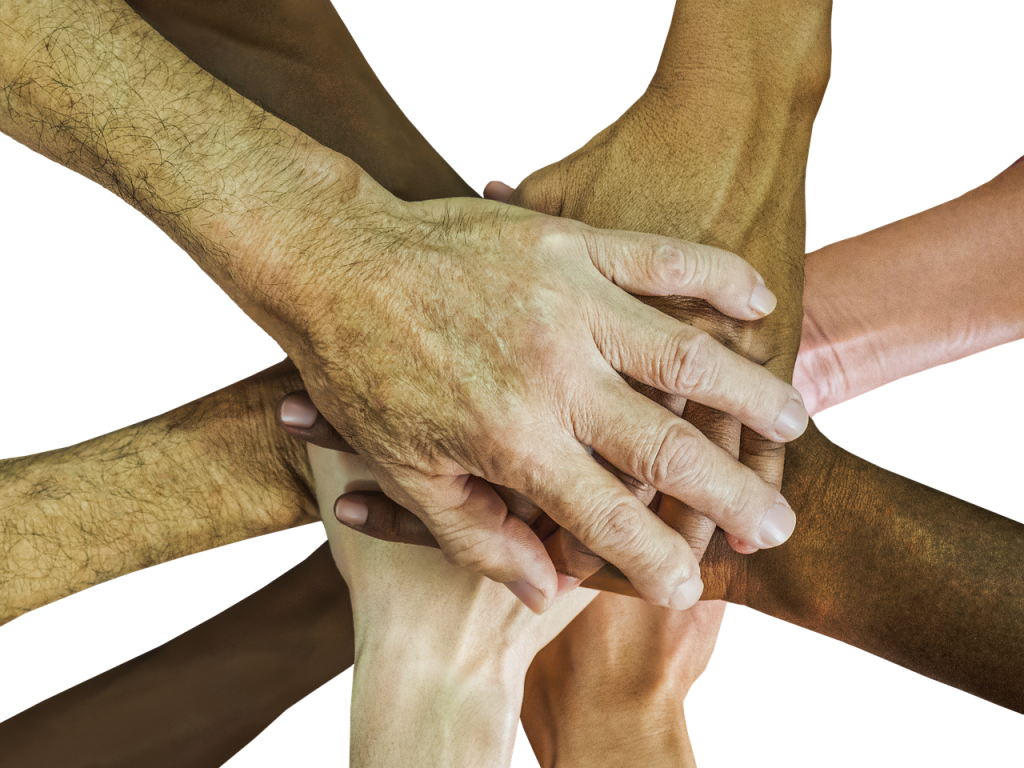
I’m talking about GrantAdvisor.org, a new website that allows all of us to anonymously review foundations. This has been a critical missing piece in the funder-grantee dynamics. Let’s face it, because of power differentials, we nonprofits do not always give honest feedback to foundations. And a common complaint I get from foundations is that they can never tell if we nonprofits are being open and transparent about what they could be doing better. Even when foundations solicit feedback, reassure grantees that they can be truthful, and give us each a basket of mini-muffins and a puppy, it is still difficult for us nonprofits to open up.Continue reading →





